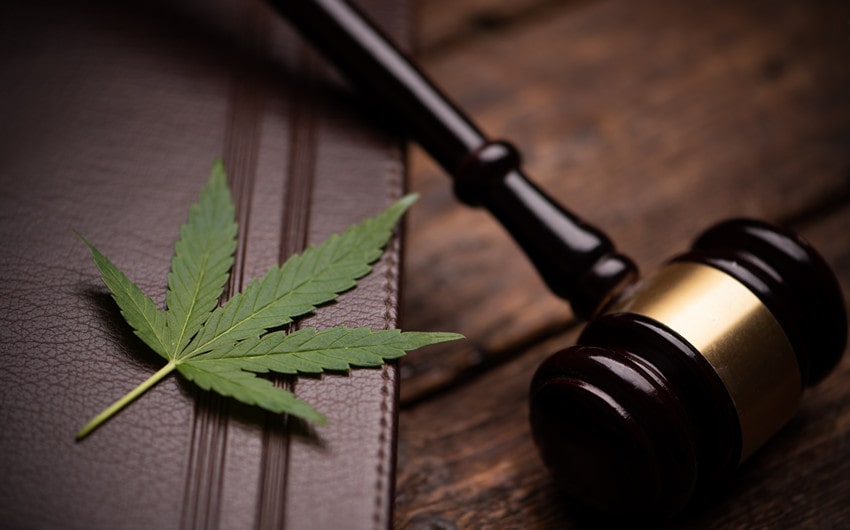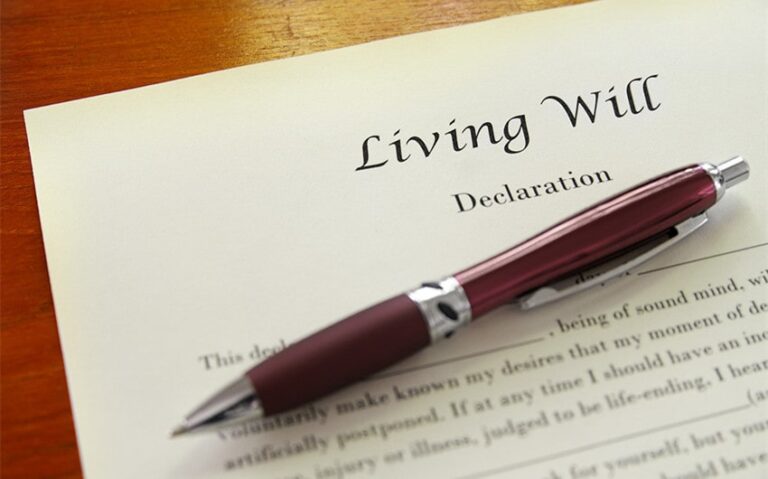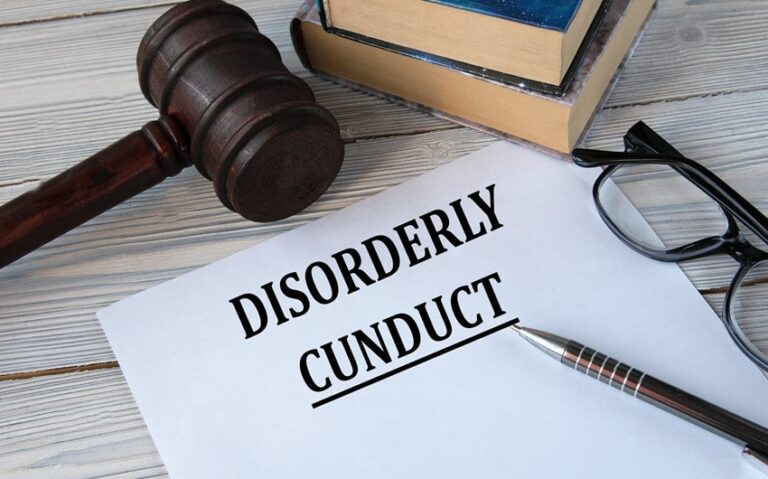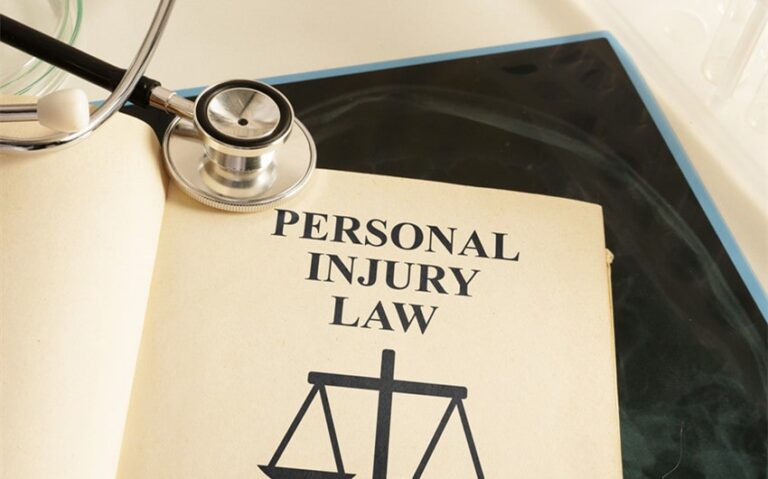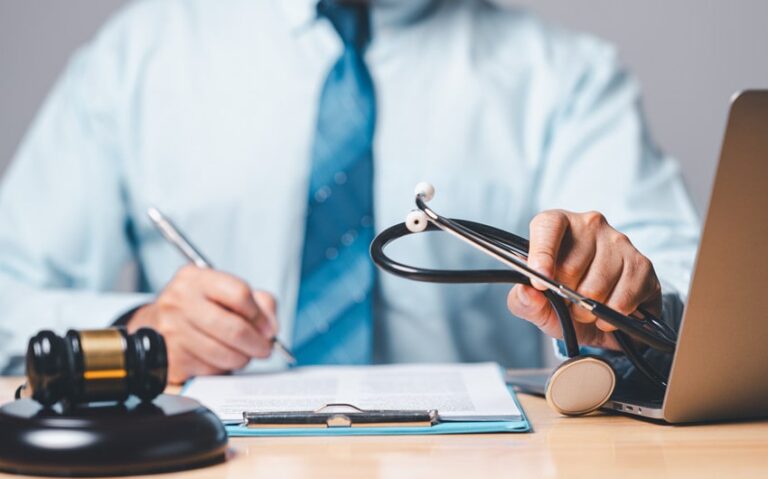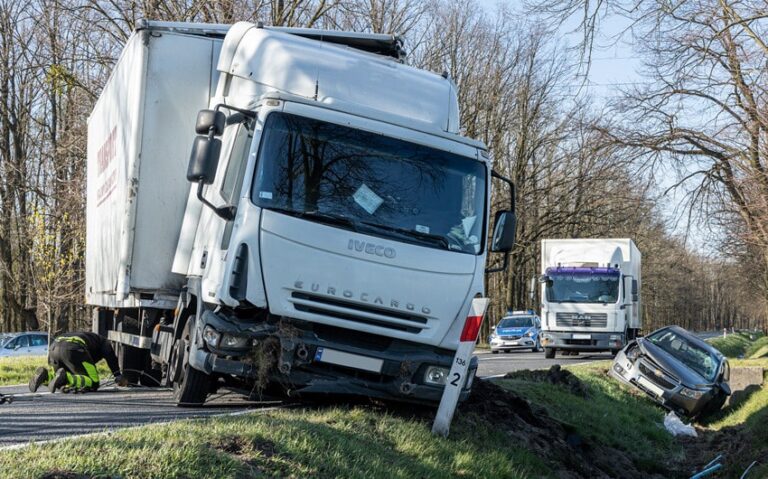Is Weed Legal in Philly? Here’s What the Law Says
With changing marijuana laws across the country, many people are asking, “Is weed legal in Philly?” Philadelphia has taken steps to decriminalize small amounts of marijuana, but the legal landscape remains complex. While medical marijuana is legal, recreational use is still technically prohibited under state law.
Understanding what’s allowed—and what isn’t—can save you from hefty fines or legal trouble. Whether you’re a resident or just visiting, it’s important to know the current regulations around weed in the city. Let’s break down what you need to know about marijuana laws in Philly.
Overview of Marijuana Laws in Pennsylvania
Marijuana laws in Pennsylvania are complex, and it’s important to understand the distinction between medical and recreational use. As of now, recreational marijuana is not legal in the state. Pennsylvania operates under strict regulations regarding marijuana, meaning that individuals caught possessing, growing, or distributing marijuana for non-medical purposes can still face legal consequences. However, Pennsylvania has made significant strides in recent years by legalizing medical marijuana and decriminalizing small amounts in specific cities, including Philadelphia.
Pennsylvania’s Medical Marijuana Program, established in 2016, allows patients with qualifying medical conditions to legally access and use marijuana. To do so, patients must obtain a medical marijuana card through the Pennsylvania Department of Health, which requires a physician’s recommendation. Conditions such as chronic pain, epilepsy, cancer, and anxiety disorders qualify for treatment under this program. However, even with a medical marijuana card, there are restrictions. Medical marijuana is only available in certain forms, such as pills, oils, and topicals, while smoking and growing marijuana for personal use remain illegal in the state.
While the state government has made progress with medical marijuana, recreational marijuana remains illegal in Pennsylvania. Efforts to legalize recreational use have been proposed but have yet to gain sufficient traction.
For now, anyone caught possessing more than a small, decriminalized amount or engaging in the sale of marijuana could face criminal charges. The penalties vary depending on the quantity of marijuana involved and whether the person has prior offenses. Understanding the difference between medical and recreational marijuana laws is essential for avoiding legal issues in Pennsylvania.

Decriminalization of Marijuana in Philadelphia
Philadelphia has taken a significant step toward leniency when it comes to marijuana possession through its decriminalization efforts, which differ from full legalization. In 2014, the city passed an ordinance that decriminalized the possession of small amounts of marijuana, making it one of the first major U.S. cities to adopt such a policy.
This move was intended to reduce the number of arrests for minor marijuana offenses, easing the burden on law enforcement and the criminal justice system. However, it’s important to understand that decriminalization is not the same as legalization—marijuana is still technically illegal, but the penalties for possession have been reduced.
Under Philadelphia’s decriminalization policy, individuals caught with 30 grams or less of marijuana face a civil citation instead of criminal charges. This means that instead of being arrested, individuals are typically issued a fine of $25 for possession. If caught smoking marijuana in public, the fine increases to $100, or individuals may be asked to complete community service. This approach aims to prevent unnecessary incarceration or long-term criminal records for non-violent, low-level marijuana offenses, which disproportionately affected communities of color before the policy was implemented.
It’s important to note that decriminalization only applies to the possession of small amounts of marijuana for personal use. Larger quantities of marijuana or engaging in the sale or distribution of marijuana are still considered criminal offenses in Philadelphia and across Pennsylvania, with more severe legal consequences, including fines, probation, and potential jail time.
Additionally, while the city has decriminalized possession, marijuana remains illegal under Pennsylvania state law, and the state has not fully legalized recreational marijuana. This can lead to confusion and the need for caution when traveling outside of Philadelphia or interacting with state or federal law enforcement, who may not recognize the city’s more lenient approach.
Medical Marijuana in Philadelphia
Philadelphia residents, like others across Pennsylvania, have access to medical marijuana through the state’s Medical Marijuana Program, which was officially signed into law in 2016. This program allows individuals with certain qualifying medical conditions to legally obtain and use marijuana for therapeutic purposes.
The introduction of medical marijuana in Pennsylvania was a significant step toward recognizing the plant’s medicinal value, offering relief to thousands of patients who rely on cannabis to manage chronic pain, anxiety, and other serious health conditions. Philadelphia, being a major city, has numerous dispensaries that serve eligible medical marijuana patients.
To participate in Pennsylvania’s Medical Marijuana Program, individuals must go through a specific process. First, a patient must be diagnosed with one of the qualifying conditions, which include but are not limited to chronic pain, epilepsy, cancer, Crohn’s disease, PTSD, multiple sclerosis, anxiety disorders, and more.
After a diagnosis, the patient needs a certification from an approved doctor registered with the state’s Department of Health. Once certified, the patient can apply for a medical marijuana card, which allows them to legally purchase cannabis products from state-approved dispensaries. This card must be renewed annually to ensure continued access.
Once approved for medical marijuana use, patients in Philadelphia can visit one of the many dispensaries located within the city and surrounding areas. These dispensaries offer a wide variety of marijuana products, including oils, tinctures, pills, topicals, patches, and dry leaf for vaporization. Although smoking marijuana is not legal under the program, patients can use dry leaf for vaping. This restriction is in place to promote safer consumption methods. Additionally, Pennsylvania law prohibits the personal cultivation of marijuana, meaning patients must rely on dispensaries for their supply.
The availability of medical marijuana in Philadelphia has provided much-needed relief to patients suffering from debilitating conditions, allowing them to manage symptoms in a controlled and legal manner. Dispensaries in the city are regulated and required to meet stringent standards for product quality and safety, ensuring that patients receive reliable, high-quality medical cannabis.
This access to regulated marijuana has also contributed to a reduction in reliance on opioids and other prescription medications, as many patients find that medical cannabis offers a safer, less addictive alternative for managing chronic pain and other conditions.
However, despite the program’s success, there are still restrictions and limitations that patients must follow. For example, medical marijuana can only be used in private settings, meaning public consumption remains illegal. Additionally, patients must carry their medical marijuana ID card at all times when in possession of cannabis to avoid legal issues. While medical marijuana is legal under Pennsylvania law, it is still prohibited at the federal level, which means patients could face challenges if they attempt to travel with marijuana across state lines or use it on federal property.
Recreational Marijuana Laws
When it comes to recreational marijuana, Pennsylvania, including Philadelphia, has yet to fully legalize its use. While cities like Philadelphia have taken steps to decriminalize small amounts of marijuana, this does not equate to the legalization of recreational cannabis. As it stands, the use, possession, sale, and cultivation of marijuana for recreational purposes remain illegal under Pennsylvania state law. This legal status puts Pennsylvania in contrast with neighboring states like New Jersey, where recreational marijuana has been legalized, creating both legal and political pressure for reform.
Despite Philadelphia’s progressive stance on decriminalizing small amounts of marijuana (30 grams or less), the state’s overall legal framework still considers recreational marijuana use a criminal offense. Individuals caught with marijuana in amounts exceeding the decriminalized threshold or engaging in activities such as selling, distributing, or cultivating marijuana could face serious legal consequences.
Depending on the amount of marijuana and the circumstances, penalties can range from fines and probation to jail time, with repeat offenders likely facing harsher penalties. This strict stance highlights the divide between city-level decriminalization and state-level prohibition, which can create confusion for residents and visitors.
Efforts to legalize recreational marijuana in Pennsylvania have been ongoing for several years, with advocates pushing for reforms that reflect the changing national landscape surrounding cannabis. Several Pennsylvania lawmakers, including Governor Tom Wolf and Lt. Governor John Fetterman, have expressed support for the legalization of recreational marijuana.
In 2020, Governor Wolf called on the state legislature to legalize recreational cannabis, citing potential economic benefits such as increased tax revenue and job creation. Wolf and Fetterman also emphasized how legalization could help address racial disparities in marijuana-related arrests and convictions, an issue that persists despite decriminalization efforts in some cities.
Supporters of recreational legalization argue that it would not only bring in significant tax revenue but also eliminate the inconsistencies in marijuana laws across the state. They point to states like Colorado, California, and New Jersey as examples of how legalizing cannabis for adult use has led to job growth, tourism boosts, and reductions in criminal justice costs. Advocates also emphasize the need for a regulated market, ensuring that cannabis products are safe, tested, and taxed appropriately. Moreover, many believe legalization could reduce the burden on law enforcement and allow the state to focus on more serious criminal matters.
However, opposition to recreational marijuana legalization remains strong among some lawmakers and members of the public. Critics raise concerns about the potential risks of increased marijuana use, including impaired driving, potential health impacts, and the fear that legalization could lead to more youth access to cannabis. Law enforcement agencies also express concerns about the challenges in regulating and policing cannabis use, particularly when it comes to detecting marijuana-impaired driving, which remains difficult to test accurately.
Despite these hurdles, public support for recreational marijuana legalization in Pennsylvania has been growing. Surveys show that a majority of Pennsylvanians now favor the legalization of recreational cannabis, with many citing the potential economic benefits and the desire to move away from criminalizing marijuana use. Additionally, with neighboring states like New Jersey and New York legalizing recreational marijuana, there is increased pressure on Pennsylvania to follow suit, as residents may cross state lines to purchase cannabis legally, resulting in lost tax revenue for Pennsylvania.
As of now, recreational marijuana remains illegal in Philadelphia and the rest of Pennsylvania, and the timeline for potential legalization is uncertain. Advocates are hopeful that legalization could happen in the near future, but it will ultimately depend on the actions of the state legislature and the governor’s office. In the meantime, residents and visitors should remain aware of the legal risks associated with recreational marijuana use in Philadelphia. Possession of marijuana outside the decriminalized limits or engaging in activities like selling or cultivating marijuana could still result in criminal charges.
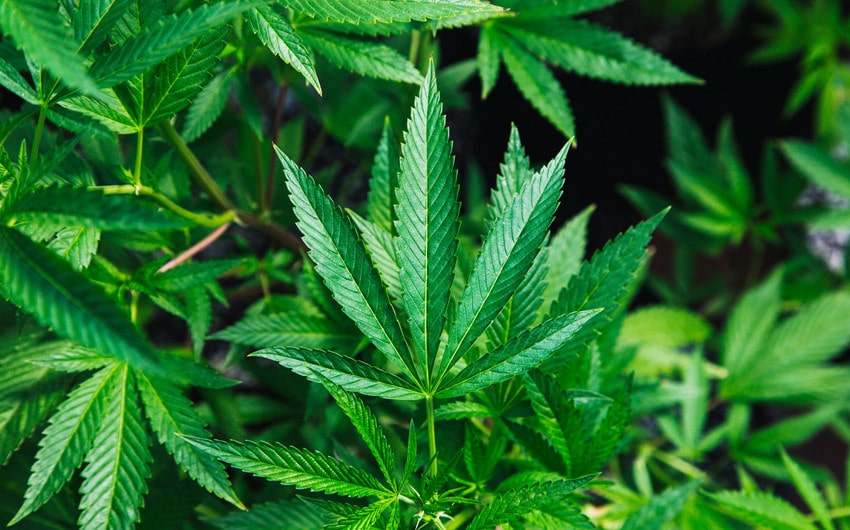
Legal Penalties for Possession and Use
While Philadelphia has decriminalized the possession of small amounts of marijuana, it’s important to understand that legal penalties still exist for marijuana-related offenses, especially when it comes to possession of larger amounts, selling, or using marijuana in public. The consequences for breaking these laws can range from minor civil fines to more severe criminal charges, depending on the nature of the offense, the quantity of marijuana involved, and whether the person has any prior offenses.
1. Possession of Small Amounts (30 Grams or Less)
Thanks to the city’s decriminalization policy enacted in 2014, possession of 30 grams or less of marijuana in Philadelphia is no longer treated as a criminal offense. Instead, individuals found in possession of these small amounts typically receive a civil citation. The fine for possessing up to 30 grams of marijuana is $25. This means that individuals caught with personal-use amounts of cannabis won’t face criminal charges, arrests, or jail time. It’s important to note that this policy only applies to the city of Philadelphia and not the entire state of Pennsylvania, where possession of any amount remains illegal under state law.
Despite this leniency in Philadelphia, possessing marijuana in public spaces still comes with a penalty if you’re caught smoking or using it. Public consumption of marijuana, even in small amounts, results in a $100 fine or the requirement to complete community service. The city has made it clear that while it may not prosecute people for simple possession, smoking marijuana in public places is discouraged, and fines are meant to reduce its visibility in public areas.
2. Possession of Larger Quantities (More Than 30 Grams)
Possessing more than 30 grams of marijuana in Philadelphia is treated much more seriously and is considered a misdemeanor offense under Pennsylvania state law. Individuals found with larger amounts of marijuana may face up to 30 days in jail and a fine of up to $500. The penalties can become even more severe if the quantity of marijuana suggests intent to distribute, as the law treats the sale or distribution of marijuana far more harshly than possession for personal use.
In cases where possession crosses into amounts that indicate the intent to sell or distribute, law enforcement may press felony charges, which can carry significantly heavier penalties, including longer prison sentences and larger fines. It’s also important to note that Pennsylvania law makes no distinction between selling marijuana and simply sharing it with friends or family members—both can result in the same legal penalties.
3. Sale and Distribution
The sale and distribution of marijuana are felony offenses in Pennsylvania, including Philadelphia. Selling or distributing any amount of marijuana can lead to severe legal consequences, with penalties becoming harsher based on the amount being sold. For example, selling less than 30 grams of marijuana is considered a misdemeanor, which could lead to up to 30 days in jail and a fine of $500. However, if someone is caught selling more than 30 grams, the offense becomes a felony with penalties of up to 5 years in prison and fines reaching $15,000.
Additionally, penalties for selling marijuana can increase if the offense takes place in certain locations, such as near schools or public parks. Distributing marijuana to minors is also considered an aggravating factor and comes with even more severe penalties, including mandatory minimum sentences.
4. Public Use of Marijuana
Public use of marijuana in Philadelphia is not permitted, even though possession of small amounts has been decriminalized. Using or smoking marijuana in public places, such as parks, sidewalks, or restaurants, will result in a $100 fine or a requirement to perform community service. This is intended to keep marijuana use out of public view and maintain a balance between leniency for possession and discouraging its public use.
It’s important for individuals to understand that even though Philadelphia has decriminalized possession of small amounts, the visibility of marijuana use in public is still something the city seeks to minimize. Those caught using marijuana in public may not face criminal charges, but they will still face civil penalties that aim to discourage open use.
5. Driving Under the Influence (DUI)
Driving under the influence of marijuana is illegal in Pennsylvania and Philadelphia. Even though marijuana is not fully legal in the state, driving while impaired by any substance, including cannabis, can result in a DUI charge. Pennsylvania has a zero-tolerance policy for driving under the influence of marijuana, meaning that any detectable amount of THC (the psychoactive component in marijuana) in your system while driving can lead to legal consequences. A DUI conviction for marijuana use can result in fines, suspension of driving privileges, mandatory drug treatment programs, and even jail time, depending on the severity of the offense and whether it’s a repeat violation.
It’s also important to note that, because marijuana can stay in a person’s system for days or even weeks after use, someone could potentially face a DUI charge even if they aren’t actively under the influence at the time of driving. Law enforcement uses blood tests to detect THC levels, so individuals should be cautious if they have used marijuana recently.
6. Federal Law vs. State Law
While Philadelphia has decriminalized possession of small amounts of marijuana and Pennsylvania has legalized medical marijuana, marijuana remains illegal under federal law. Federal law still classifies marijuana as a Schedule I controlled substance, which means that its use, possession, and sale are prohibited on all federal properties, including federal buildings, national parks, and military bases.
If someone is caught with marijuana on federal property, they could face federal charges, which carry far more serious penalties than state or local laws. This discrepancy between state and federal law is something to be aware of, especially when traveling across state lines or entering federal areas with marijuana.
7. Repeat Offenses
For individuals who are repeat offenders, the legal penalties for marijuana possession and use increase significantly. If someone is caught multiple times with marijuana in amounts exceeding 30 grams, or if they are found guilty of selling or distributing marijuana more than once, they can face escalating penalties, including longer prison sentences, higher fines, and probation. Additionally, repeat offenses could lead to more significant legal consequences, including a permanent criminal record that can impact future job prospects, housing opportunities, and eligibility for loans or government assistance.
Potential Changes in the Future
The future of marijuana legalization in Philadelphia and Pennsylvania as a whole remains a topic of considerable debate and interest. Over the past few years, there has been growing momentum for the legalization of recreational marijuana, fueled by increasing public support and the success of similar efforts in neighboring states like New Jersey and New York.
Political leaders, including Governor Tom Wolf and Lt. Governor John Fetterman, have expressed strong support for the full legalization of recreational cannabis, citing its potential economic benefits and the need to reform outdated drug laws. This has opened the door for serious discussions about whether Pennsylvania will follow the national trend toward broader legalization.
If recreational marijuana becomes legal in Pennsylvania, it could bring about significant changes, especially for cities like Philadelphia. Legalization would allow for the establishment of a regulated cannabis market, where adults could legally purchase, possess, and consume marijuana. This shift would also lead to the creation of dispensaries for recreational use, similar to the ones that already serve medical marijuana patients.
Additionally, legalization could generate substantial tax revenue for the state, providing funding for public services, infrastructure, and other essential programs. Many advocates argue that these financial benefits make the case for legalization even more compelling, particularly in the wake of economic challenges posed by the COVID-19 pandemic.
Beyond the economic and regulatory changes, legalization could also impact the criminal justice system. Many supporters of legalization point to the racial disparities in marijuana-related arrests, which continue to disproportionately affect communities of color despite decriminalization efforts. Legalization would not only prevent future arrests for marijuana possession but could also lead to the expungement of past convictions for non-violent marijuana offenses.
This potential for addressing historical injustices, coupled with the economic incentives, has made marijuana legalization a key issue for reform advocates, and it’s likely that the conversation will continue to gain momentum in Pennsylvania’s political landscape.

